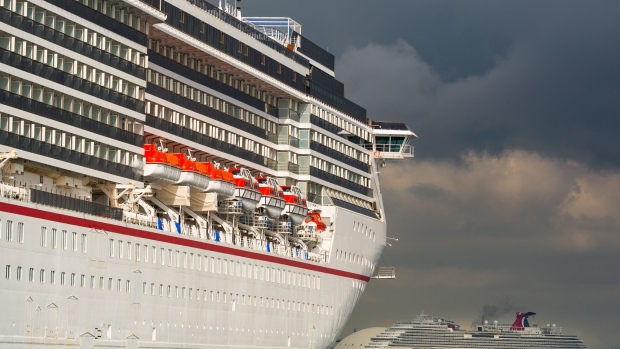Jan 11, 2021
Carnival loses US$1.9B, but says 2022 demand is high
, Bloomberg News

Carnival Corp. posted an adjusted fourth-quarter net loss of US$1.9 billion, but the world’s largest cruise operator also said that demand is surging for 2022.
The deficit exceeded the US$1.57 billion loss projected by analysts and comes as most cruise operations around the world remain suspended due to the COVID-19 pandemic.
Yet Carnival said cumulative advanced bookings for the first half of 2022 are now ahead of 2019 levels, even after the company slashed spending on marketing, which it says reflects pent-up demand among customers who haven’t been able to get on a ship since the first quarter of 2020.
Cumulative advanced bookings for the second half of 2021 are “within the historical range,” the company said.
The entire cruise industry has been essentially on hold since mid-March, when a series of outbreaks on ships led to the deaths of passengers and left thousands of others stranded at sea.
Carnival shares fell as much as 4.1 per cent to US$19.63 in New York trading Monday. They plunged 57 per cent last year.

